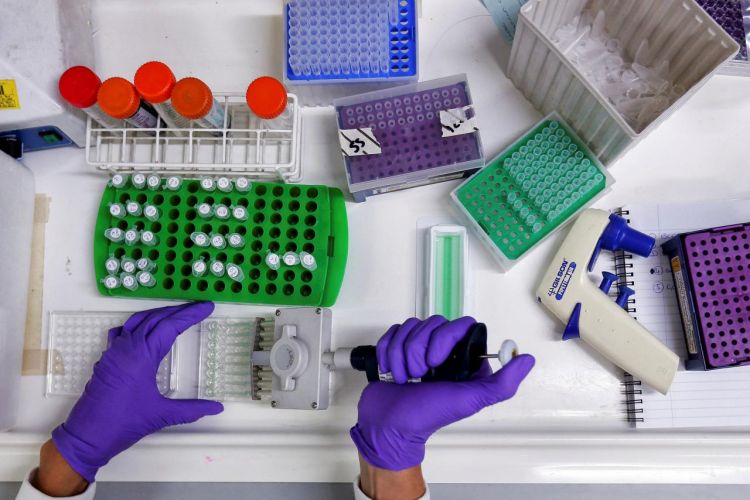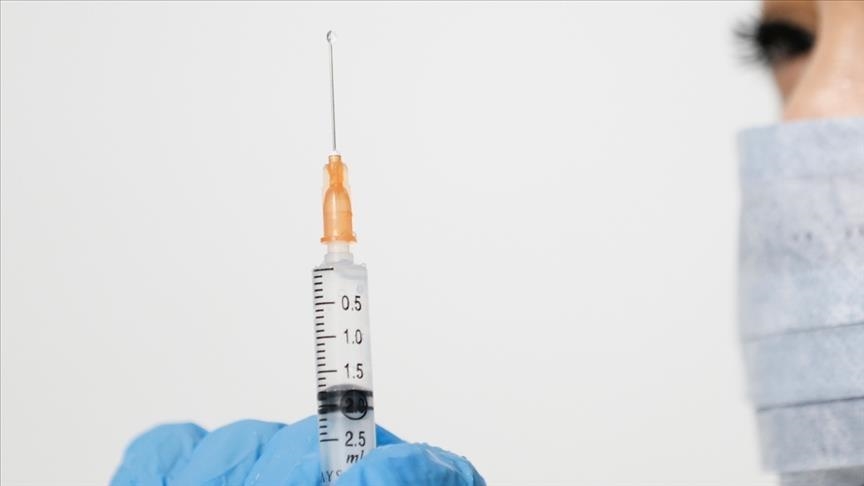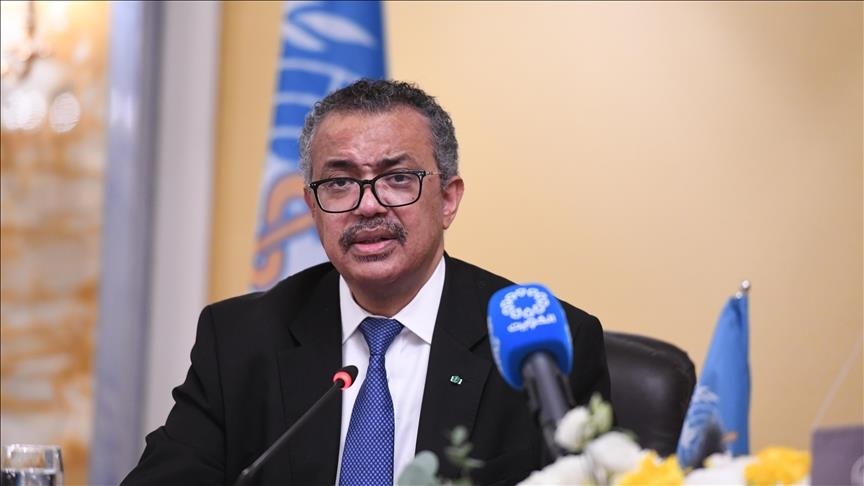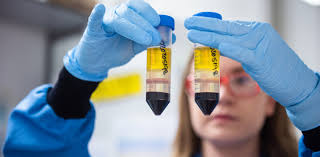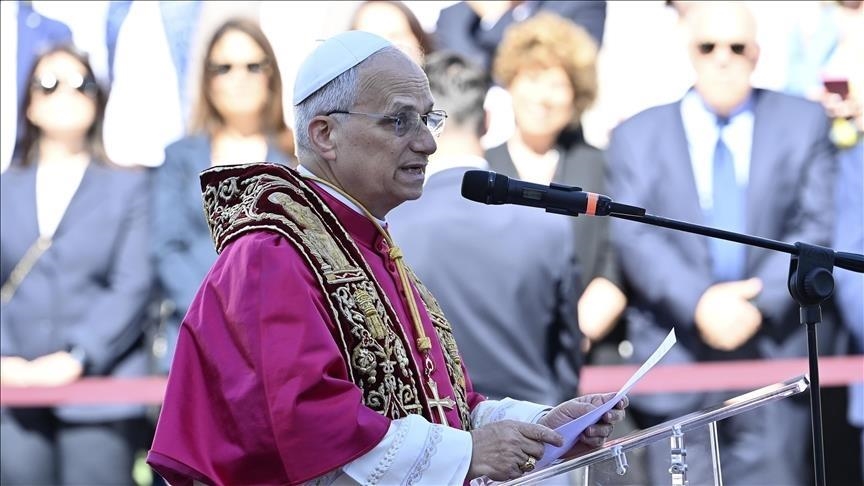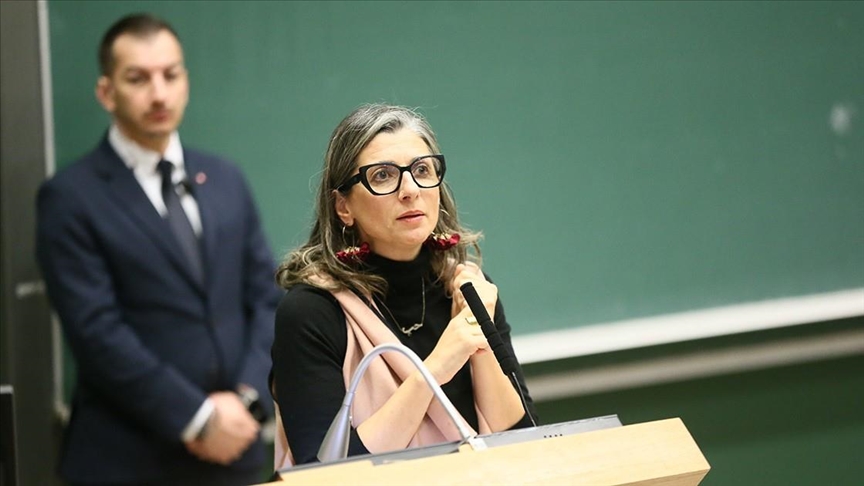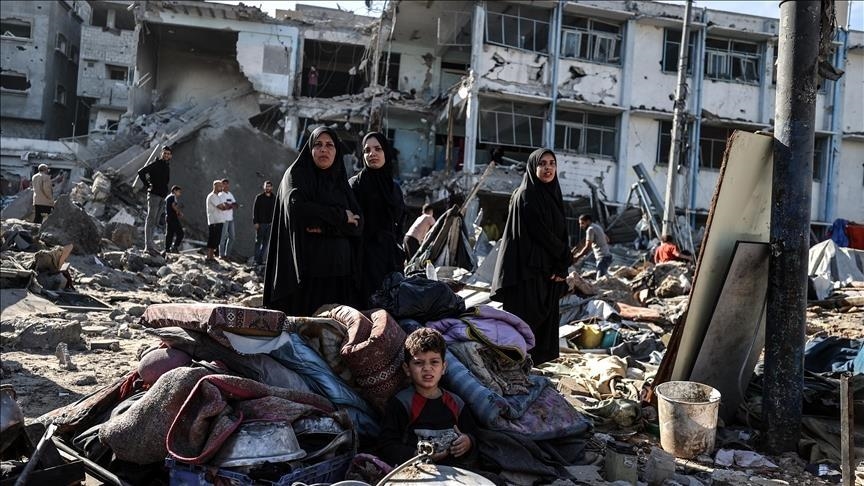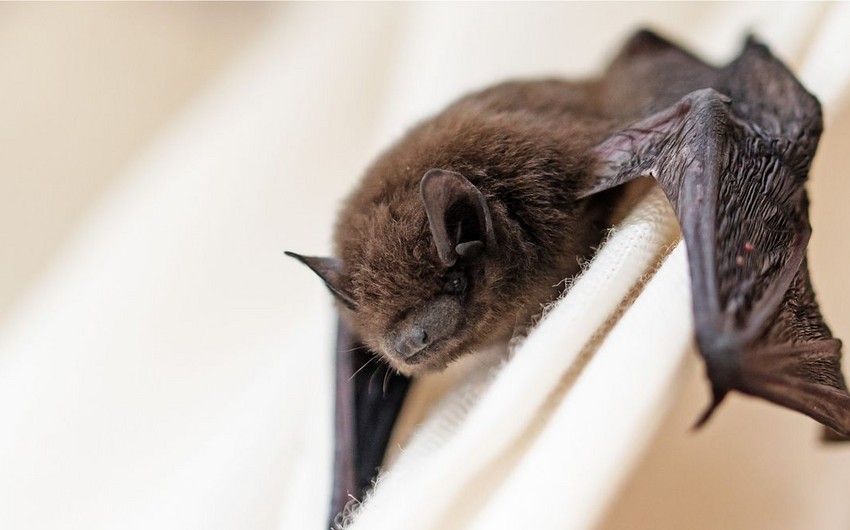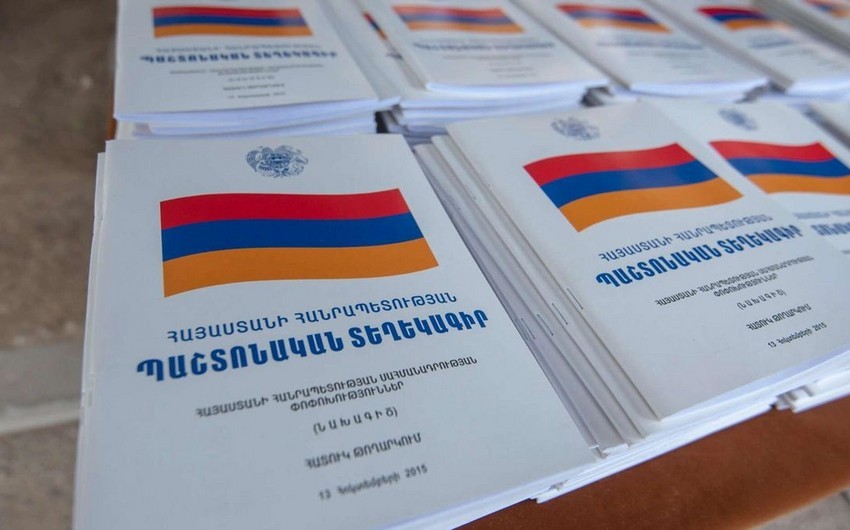In London’s world-famous Great Ormond Street children’s hospital, Dr. Karin Straathof is excited about a new cell-based medicine that offers hope for toddlers with incurable nerve tissue cancer.
Her progress with a handful of children for whom standard care does not work reveals the promise of modern cancer drugs, an increasingly crowded pharmaceuticals field from which investors must try to select future winners.
The new therapy using engineered white blood cells has shown anti-tumor activity in the hardest to treat neuroblastoma patients.
“The beauty is that it is very specific in targeting the cancer cells, while leaving healthy tissue unharmed,” Straathof told Reuters, after presenting her early findings at a science meeting in Chicago in April. “It’s an important step forward.”
Autolus - the small British biotech company developing the chimeric antigen receptor T-cell or CAR-T treatment - is equally excited, and is planning a potential IPO on Nasdaq.
But Autolus is far from alone in pursuing CAR-T therapy. In fact, CAR-T treatment - part of the wider field of cancer immunotherapy - is one of the hottest areas of drug research today, with multiple firms piling in.
The biotech dollars are flooding in not only in Europe and the United States but also in China which, with 162 clinical trials, now boasts more CAR-T studies than the United States, according to a Reuters analysis of the latest data.
With over 2,000 drugs in the cancer immunotherapy space, the competitive landscape has never been more crowded as each firm seeks its own proprietary version of often similar drugs.
Overall, researchers are working on more than 5,200 cancer drugs, up 7.6 percent from a year ago, according to the Pharmaprojects database. The sheer number is stretching the ability of scientists to find enough patients to test them on.
Cancer now makes up 34.1 percent of the total drug industry pipeline, up from 26.8 percent in 2010, as companies divert resources into a promising sector where new treatments can often fetch more than $100,000 a year.
‘MORE CIRCUMSPECT’
With the first two CAR-T treatments from Novartis (NOVN.S) and Gilead Sciences (GILD.O) winning U.S. approval last year for rare blood cancers, the promise of such smart medicine is real and life-changing - especially if it can be made to work in solid tumors, as Straathof’s work suggests is possible.
However, the wholesale rush by pharmaceutical and biotech companies into the cancer area poses a dilemma for investors.
A flood of similar products makes it hard for investors to pick those companies that will achieve commercial success.
“More competition means you should be more circumspect,” said Nooman Haque, head of life sciences at Silicon Valley Bank in London, which provides financing for start-ups and venture capitalists.
“The traditional investment thesis in biotech is to have a differentiated medicine with not many competitors, which helps drive value. Here the problem is that even if there is a big patient benefit, there are questions as to how long your advantage lasts and what your commercial edge will be.”
Pharmaceutical executives are not blind to the issue, although each hopes to find a winning formula in immunotherapy - the fastest-growing part of the $100 billion-a-year cancer drug market, with sales expected to top $25 billion by 2021, according to analyst forecasts compiled by Thomson Reuters.
Roche (ROG.S) CEO Severin Schwan, head of the world’s top cancer company, says he expects “an enormous drop-out”, while Sanofi’s (SASY.PA) outgoing research head Elias Zerhouni warned analysts last week that duplication of effort would shrink the time available for drugmakers to recoup their R&D investments.
“The cycle of innovation has been shortened significantly,” agrees Aiman Shalabi, chief medical officer at the non-profit Cancer Research Institute. “There is no doubt we are seeing fast follow-on and many identical agents hitting the same targets.”
The good news for society is that patients will find out much faster than in the past if new approaches work. But that means doctors can rapidly switch to alternatives, leading to increased product churn and uncertainty over future sales.
COMBINATION STUDIES
Twenty years ago, when Roche launched its state-of-the-art cancer drugs Herceptin and Rituxan, it enjoyed years without rivals. Today, there are multiple versions of new drugs targeting molecular pathways with acronyms such as PD-1/L1, PARP and CDK, as well as CAR-T.
“You’re either first or you’re best or you’re nowhere because it has become such a race,” said Paul Major, an investment manager at BB Healthcare Trust (BBH.L), who is cautious about investing in cancer immunotherapy.
Lydia Haueter at Pictet Asset Management is also wary, pointing out there are already five PD-1/L1 drugs on the market - from Merck (MRK.N), Bristol-Myers Squibb (BMY.N), Roche, AstraZeneca (AZN.L) and Pfizer (PFE.N) - and more are coming.
“It seems everybody has a PD-1, so we especially don’t go for those kind of cancer companies,” she said.
Some drugmakers like GlaxoSmithKline (GSK.L) and Novartis that missed the initial PD-1/L1 wave are trying to make a virtue of looking ahead to the next phase of cancer immunotherapy, particularly drug combinations.
Yet last month’s failure of a combination study using a next-generation drug from Incyte (INCY.O) with Merck’s PD-1 Keytruda shows that adding a new agent is no slam dunk for expanding the reach of immune-boosting medicine.
At Great Ormond Street, Straathof is less concerned about doubling up on research and more focused on getting effective, affordable cures - and she hopes automated processes will eventually bring down today’s sky-high drug prices.
“I’m not too worried about duplication. It’s important to not ask the same question in two trials but I think there are a lot of questions to be addressed because there is a lot of nuance in the system.”

